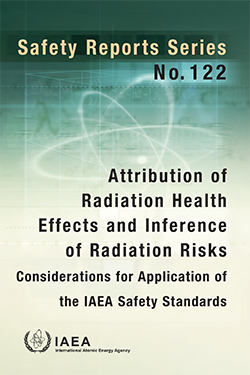
Introduction
The International Atomic Energy Agency (IAEA) plays a critical role in promoting the peaceful use of nuclear energy while preventing its military applications. Established in 1957, the IAEA aims to facilitate international cooperation in the field of atomic energy, ensuring it is used safely, securely, and for beneficial purposes. With growing global concerns about nuclear proliferation and environmental sustainability, the relevance of the IAEA’s work has never been more significant.
Key Functions of the IAEA
The IAEA functions as an independent international organization that works with its member states to ensure the safety and efficacy of nuclear technology. One of its primary objectives is the promotion of safe and secure nuclear energy development. The agency provides guidelines and technical assistance to countries developing nuclear power plants, helping to establish high safety standards.
Another important aspect of the IAEA’s work is its role in nuclear non-proliferation. The agency implements the Treaty on the Non-Proliferation of Nuclear Weapons (NPT), which aims to prevent the spread of nuclear weapons while promoting peaceful uses of nuclear energy. Through its safeguards system, the IAEA conducts inspections and assessments to ensure that nuclear materials are not diverted for military purposes.
Recent Developments
In September 2023, the IAEA reported significant progress in nuclear safety assessments in Ukraine amid ongoing geopolitical tensions. The agency’s Director General, Rafael Mariano Grossi, emphasized the urgency of enhancing security at nuclear facilities, especially given the heightened risks posed by the conflict. Furthermore, the IAEA continues to support the transition to green energy, working on a framework to integrate nuclear power with renewable energy sources for a more sustainable future.
Conclusion
The IAEA’s importance in global governance cannot be overstated. As countries navigate the complexities of energy needs, nuclear safety, and non-proliferation, the agency serves as a beacon of cooperation and accountability. Looking forward, the IAEA is poised to play an essential role in addressing emerging challenges, such as climate change and technological advancements in nuclear science. As discussions around energy security continue to evolve, the IAEA’s mission remains vital to ensuring that nuclear technology contributes to global peace and prosperity.



